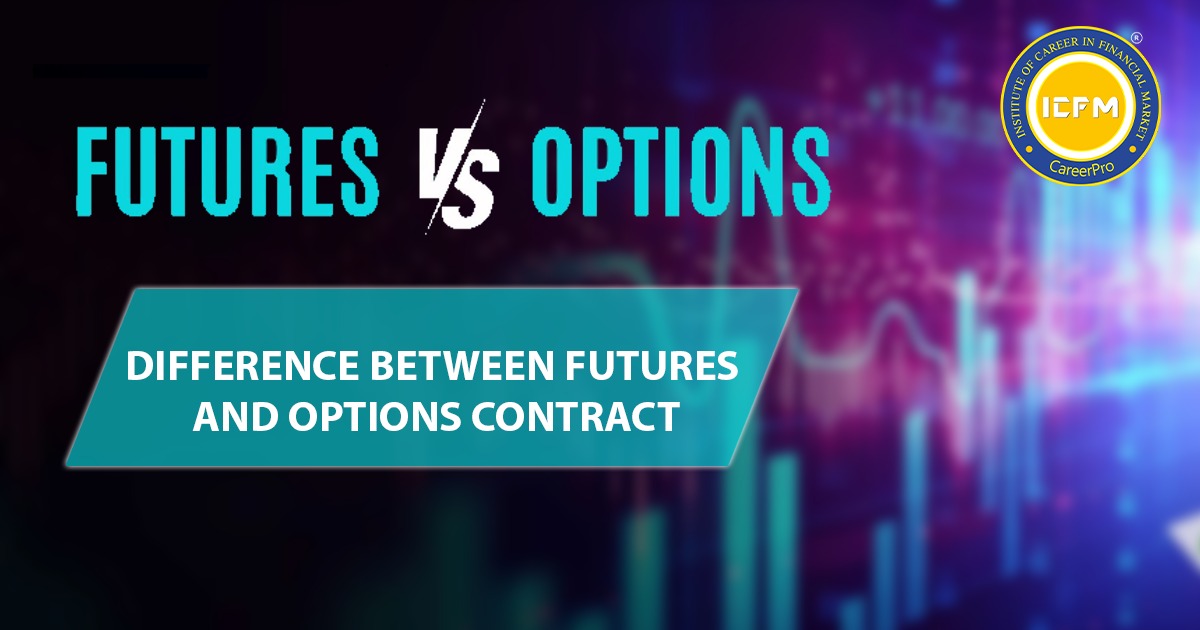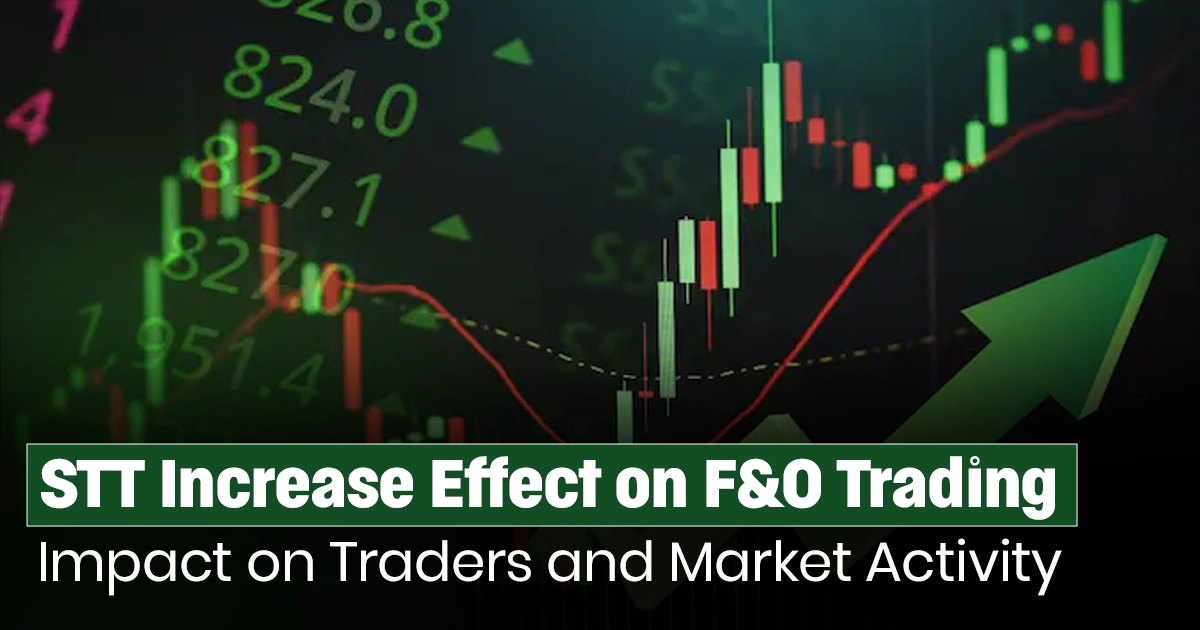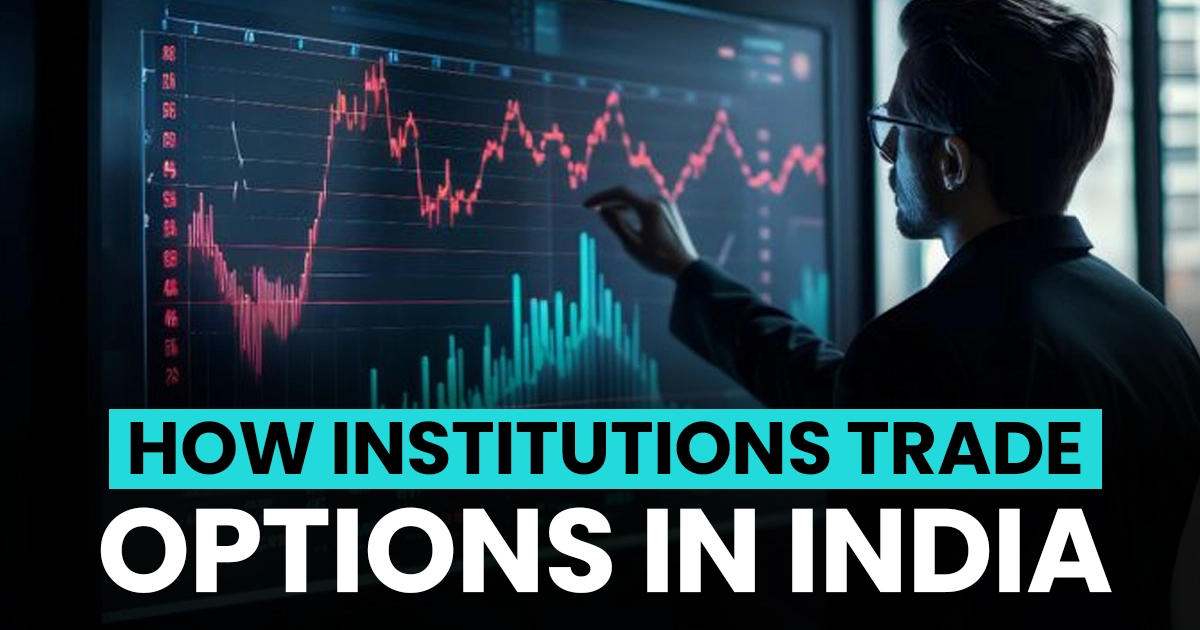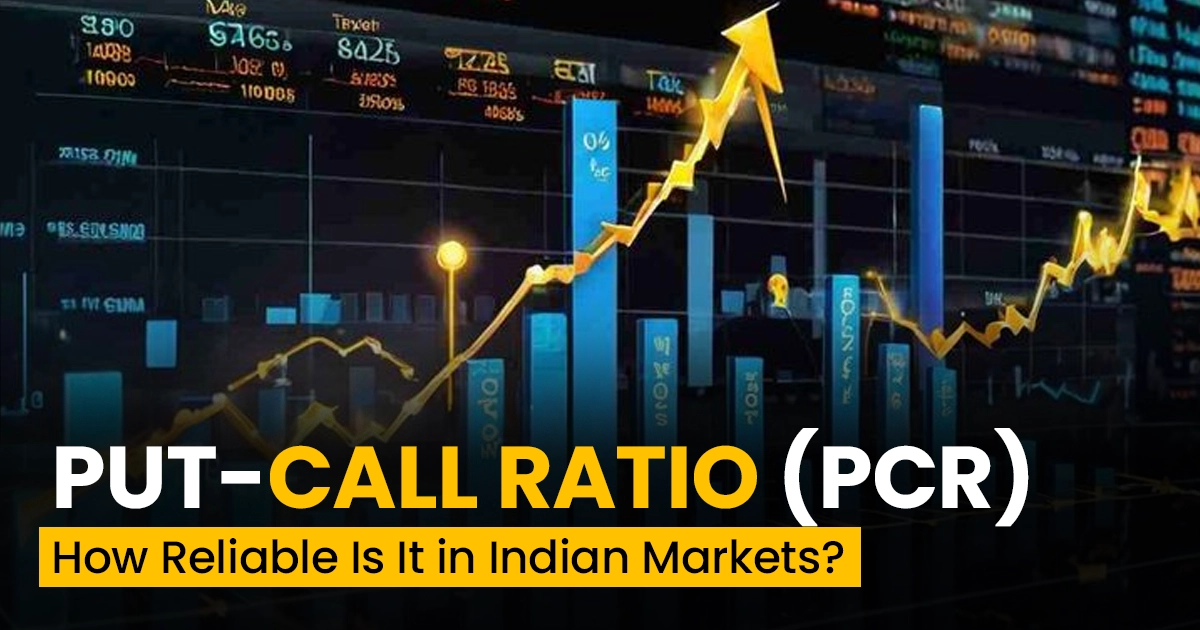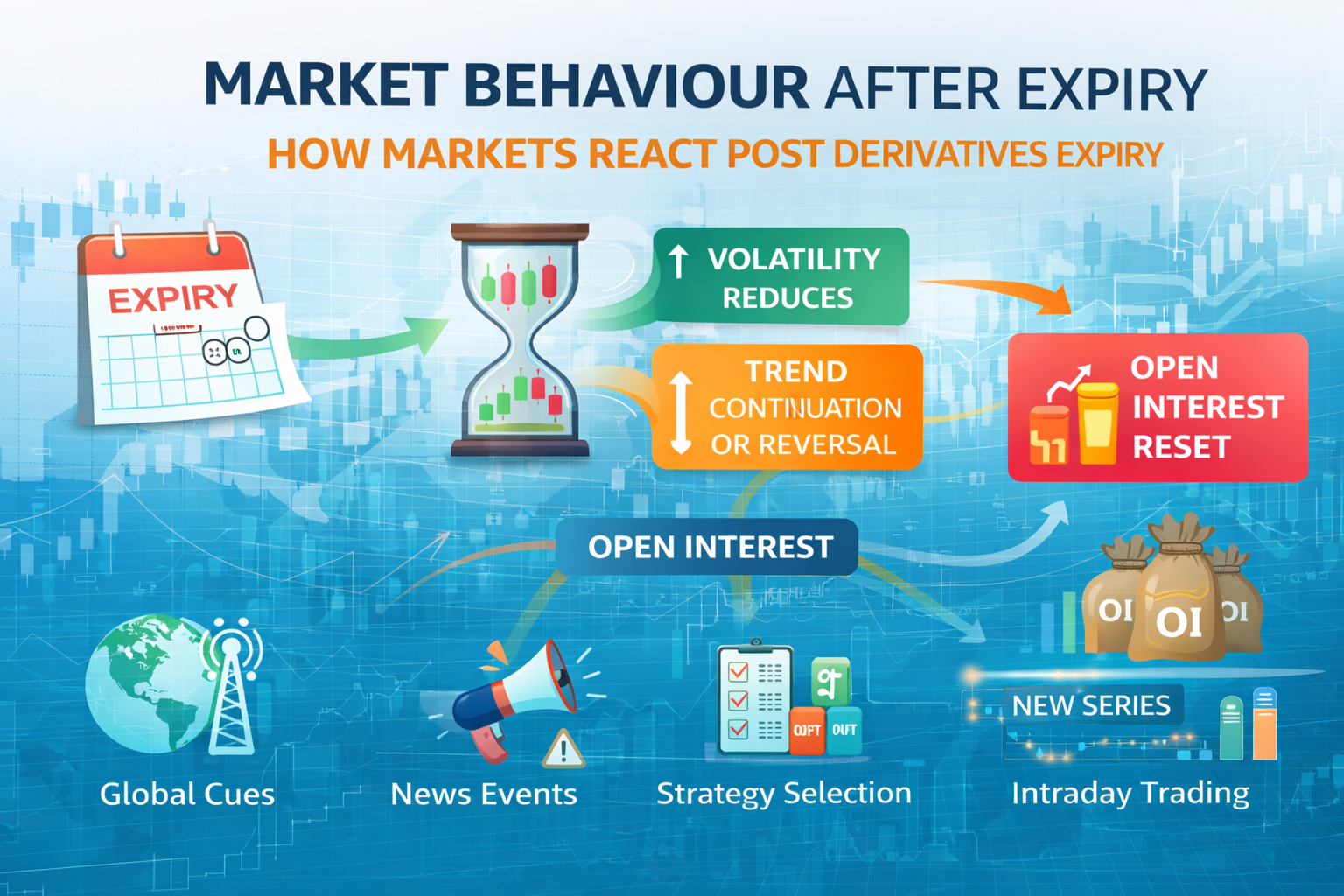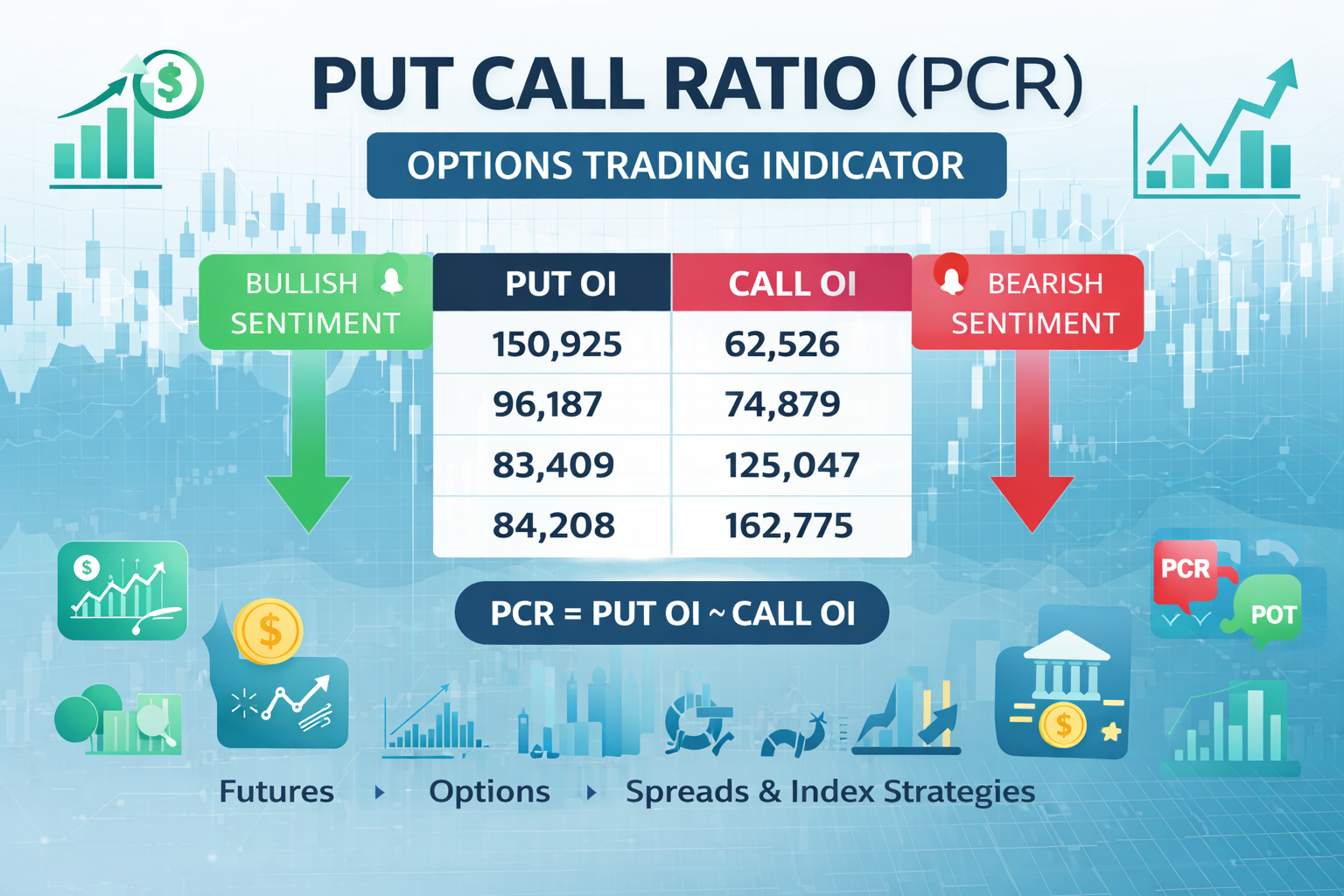Difference between Futures and Options Contract
F&O contracts are a very significant and dominant product group of the Indian derivatives market. Therefore, it is all the more vital that a trader or investor acquires a much deeper understanding of the nuances involved. Both instruments allow participants to hedge risks or speculate on price movements; how they do so differs slightly.
Definition
Futures Contract: It is a standardized agreement or contract between two parties to buy or sell the underlying at a specific price at a specified future date on an exchange like NSE or BSE. This is one type of agreement wherein both the parties will be obligated to execute the trade at the time of expiration.
Obligation
• Futures Contract: The buyer and the seller have to execute the contract on the expiration date, whatever the prevailing market price of the underlying may be.
• Options Contract: In India, the option buyer has the right but not the obligation to execute the contract. However, the seller is under obligation to execute the contract in case the buyer exercises his right.
Risk and Reward
Futures Contract: The risk is potentially unlimited for both parties since they are obligated to settle the contract at the expiration date, which could result in significant losses if the market moves against their position.
Options Contract: The buyer's risk is limited only to the premium paid for the option. The reward of the buyer can be theoretically unlimited for call options, since the price of the underlying can surge very high. On the other hand, the risk of the seller may be big, especially if the market has dramatically moved against the position.
Premium Payment
Futures Contract: An upfront premium to enter a future contract is not paid in India. But both the buyer and seller have to maintain a margin in the account. This is markedto- market every day, which entails that based on the price movement, a corresponding amount of profit or loss would be added or reduced from the margin account.
Options Contract: The buyer buys the right to exercise the option from the seller by paying a premium against it. The premium paid by the buyer is the maximum loss he will incur; similarly, the premium received by the seller is the maximum gain he will achieve.
Leverage
Futures Contract: In India, future contracts entail vast leverage, as only a fraction of the value of the contract is required to be kept in the margin in the trader's account. This can also invite higher gains and losses.
Options Contract: Options too offer leverage but in a different way. The premium paid is usually way lesser compared to the potential gain if the option moves in-the-money. However, if the option expires worthless, the buyer loses only the premium.
Use Cases
Futures Contract:
Hedging: The future is used to protect against the price variants in the different commodities, currencies, or securities completed in businesses within India.
Speculation: It involves the trader speculating on the variety of the value of a wide range of assets without ever having to possess the product in question.
Options Contract:
Hedging: Options in India are utilized by investors to hedge against adverse movements in their portfolios. For example, sometimes it may happen that purchasing protection through a put option may reduce the negative effect of any downward trend in the stock's price.
Speculation: Traders trade options based on speculation on the price movement risk that involves limited risk. Purchasing call options benefits a trader due to an increase in the stock's price.
Settlement
Futures Contract:
This contract, in India, may be settled either by :
Physical Delivery: The actual asset is delivered at the expiry of the contract.
Cash Settlement: The difference between the price of the contract and the price in the market at the time of expiry is paid in cash. Most of the Index futures are cash-settled.
Options Contract: Options contracts are normally settled through the following means.
Exercise: The holder exercises his option to take the underlying asset.
Expiration: If the option is not exercised, it expires worthless and no further action is taken. Normally, in India, stock options on exercise result in physical delivery, and index options are cash-settled.
Market Participation
Futures Contract: In India, futures contracts are traded more by institutional investors, corporates, and professional traders because futures involve higher risk with higher margins.
Options Contract: Options involve greater flexibility and limited risk for buyers; hence, in India, options are actively traded by both retail and institutional investors.
Example Scenarios
Futures Contract Example:
Suppose you are a trader who expects the price of the Nifty 50, one of India's popular indexes, to rise. You can buy a Nifty futures contract in which you get to purchase the index at a fixed price, say 18,000, for a specific date in the future. If Nifty rises above 18,000, you make a profit and a loss if it falls below 18,000.
Options Contract Example:
Suppose you believe that a certain stock, say Reliance Industries, currently trading at ₹2,400 is sure to appreciate next month. You may buy a call option at a strike price of ₹2,500, the premium being ₹50 per share. When the stock has appreciated to ₹2,700, you can exercise your option and purchase it at ₹2,500, thereby earning a profit of ₹150 per share (₹2,700 - ₹2,500 - ₹50). In case the stock does not shoot above ₹2,500, you let the option expire, and you have lost only ₹ 50 premium.
Conclusion
A number of the most powerful tools in the Indian market that provide traders and investors with an alternate way of hedging their risk or speculating on market opportunities are futures and options contracts. While a future requires both parties to actually settle the contract at expiration, an option gives more flexibility, allowing the buyer limited risk. Understanding this dichotomy will be key in making informed trading decisions.


